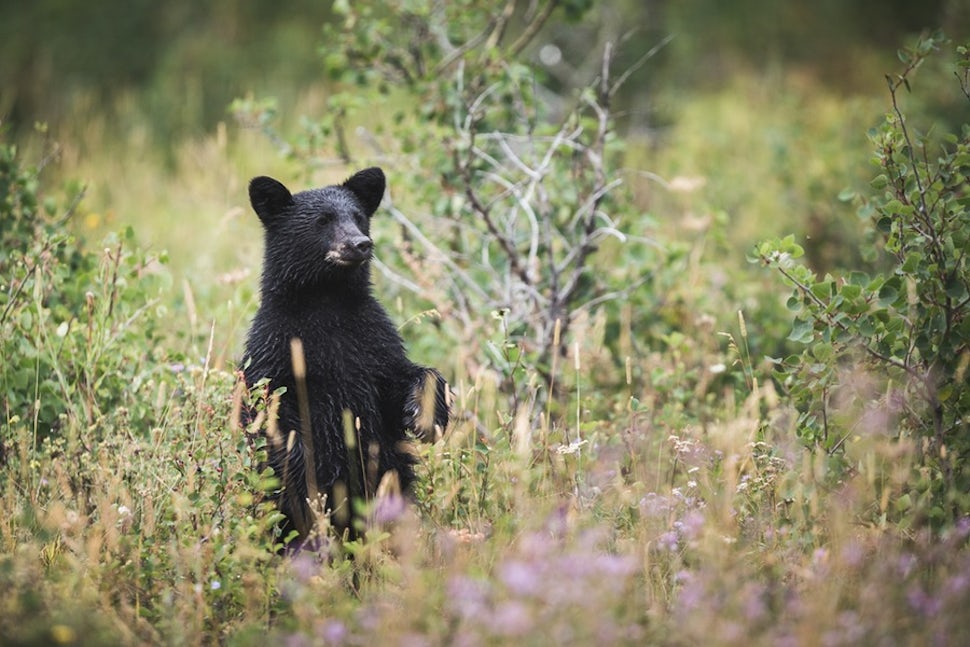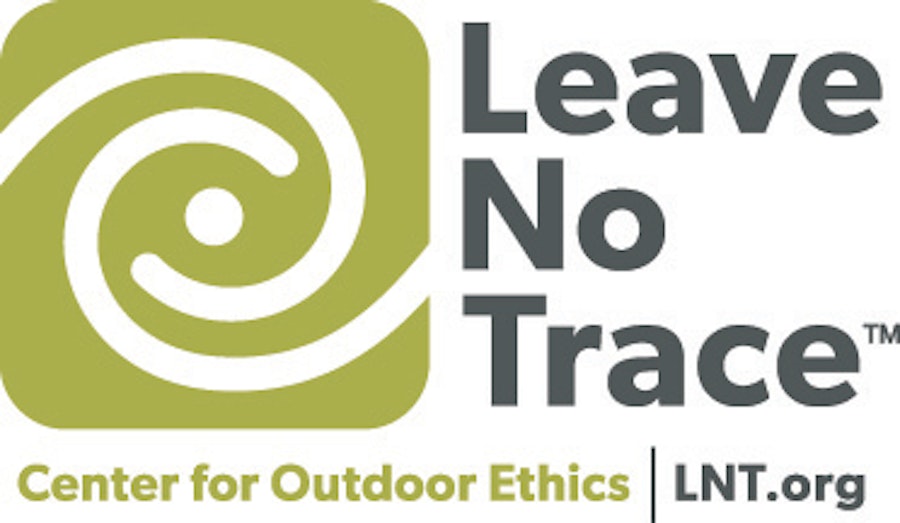6 Tips For Landing A Job As A Wildlife Biologist
Explore the outdoors and protect the animals that live there.

Whether it was your childhood goal to walk in the footsteps of Steve Irwin or you figured out your career goal later in life, being a wildlife biologist is a dream of a career that is both challenging as well as rewarding. Having launched into this field with a non-traditional background, I thought I’d share my thoughts on how to land your outdoor dream job in wildlife conservation:
1. Get started early
It’s never too soon to start looking for relevant experience. Wildlife biologists wear many hats, meaning they have diverse backgrounds and skill sets. These skills and experiences are developed over time, which is why it’s so important to get involved as an undergraduate (the same applies if you’ve already graduated and are looking to transition into a new career). Look for volunteer opportunities through your local chapter of The Wildlife Society or similar organization, and don’t take positions that simply meet school requirements. Apply for everything! There are several organizations that offer jobs and internships for people early in their career in wildlife research, from the Student Conservation Association to Research Experience for Undergraduates programs. Applying for internships or technician positions, paid or not, gives you a leg up at the end of your degree (regardless of what it is). Good grades are important, but having field experience before you get into the real world sets you apart from other candidates.
My bachelor’s degree by itself wasn’t wholly appropriate for a wildlife biologist, and towards the end of my degree (when I realized I wanted to be a wildlife biologist) I took several wildlife courses and did many unpaid internships to “catch up.” I also worked wildlife research technician positions for a few years before going to graduate school, all of which helped to develop the skills and knowledge needed to be a wildlife biologist.

2. Work with different taxa and disciplines
Many people assume that wildlife biologists only work with one species. Fortunately, this isn’t usually true - there are so many fascinating species to study! Wildlife biology, whether research or management, is about complex wildlife populations. This means that everything is connected. As a wildlife biologist you want to understand ecosystems and populations, and as a result you want to focus on learning about several different species as well as the different ways to investigate wildlife systems. Tools for being a wildlife biologist include understanding reproductive systems, diet ecology, animal movement, genetics, and population dynamics, to name a few, and you’ll want to learn about several methods and species instead of just one (it’s OK to have favorites, though!).
3. Develop good questions
You like grizzly bears? Me too. But why do you like them? Liking a species isn’t a solid enough reason to study them. I really love bobcats, which is partially why I chose to study them for my master’s degree, but what was more important were the questions I asked. Science and management are about good questions. Wildlife biologists get to see wild places and handle wildlife that few people do (part of which is why it’s an amazing career), but this is because they ask the right questions. You may want to help California Condors, but you need a means to an end outside of THEY’RE AWESOME (even though they obviously are).
4. Apply for jobs
Now for some real talk: wildlife biologist positions are competitive. There are tons of people vying for the same positions as you (get paid to hike? Yes please.), so putting together a solid application is super important. Having a diverse background and skills specific to the job at hand are great ways to rise above the competition. Also, apply for everything! Being flexible is important in this career because you never know where you may end up (which makes that diverse background a good thing to have!). Many positions require specific previous experience, and a good way to get that experience is to work contract/temporary research technician jobs. Don’t shy away from a three month position - these jobs are how many of us became a wildlife biologist. Here are my favorite resources for wildlife biologist positions: The Wildlife Society, USA Jobs (here you can find U.S. Forest Service, U.S. Fish & Wildlife jobs, and more), and the Conservation Job Board.

5. Network!
This part is so important. If you want to get into this field, those people skills are just as important as your technical expertise. Many jobs and internships are awarded as the result of face-to-face meetings. Attending local wildlife research conferences (check out The Wildlife Society for state chapters) is a great way to place a face with the name- many conferences even have happy hour networking events. Being willing to visit an office or schedule a meeting speaks volumes to your commitment- just have a pair of hiking boots ready in case you are asked to go into the field for an impromptu interview!
6. Don’t sweat it (except for in the field)
It’s easy to get stressed out in the rat race of applying for jobs and checking off qualifications. Becoming a wildlife biologist doesn’t happen overnight, but there are plenty of avenues to get there, regardless of whether or not your background is in wildlife biology. You can explore state or federal agencies, academic research, and the private sector and nonprofits. There are many options! Finding a mentor is always helpful, and if you get down or are worried about your checklist, don’t forget to get outside and reset. Grab some binoculars, plan a hike, or create a teaching moment to share why conservation is important to remind yourself why you’re interested in this field.
Other helpful tips:
- Training for field work is important- being in good shape is necessary to hike those mountains (or deserts, or swamps…)
- Invest in some good hiking boots. They are your lifeline!
- Be up to date on current conservation and wildlife management issues. You can get easy updates for all things wildlife on Twitter!
- Dive into the scientific literature- many biologists write peer-reviewed journal articles and these are a great way to learn about advances in wildlife biology.
- Have fun! This is a rewarding field and one where you’ll never work a day in your life
Cover photo: Conor Barry
Want a career you'll love? Find the best jobs in the outdoor industry.
Please respect the places you find on The Outbound.
Always practice Leave No Trace ethics on your adventures. Be aware of local regulations and don't damage these amazing places for the sake of a photograph. Learn More
We want to acknowledge and thank the past, present, and future generations of all Native Nations and Indigenous Peoples whose ancestral lands we travel, explore, and play on. Always practice Leave No Trace ethics on your adventures and follow local regulations. Please explore responsibly!
Do you love the outdoors?
Yep, us too. That's why we send you the best local adventures, stories, and expert advice, right to your inbox.








